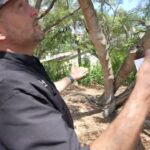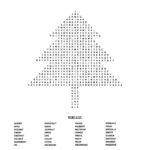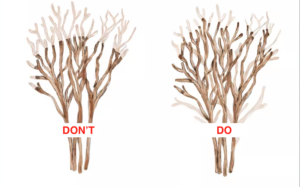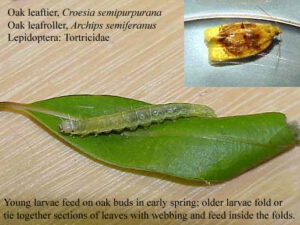Should I Fertilize My Tree?
Whether or not to fertilize your tree depends on several factors, including the specific tree species, its age, overall health, soil conditions, and any specific nutrient deficiencies identified through soil testing or visual symptoms. If your tree appears healthy, with vibrant foliage, normal growth, and good overall vigor, it may not require fertilizer. Healthy trees often obtain sufficient nutrients from the soil naturally. However Florida soil tends to be mostly sand, and sandy soil has a hard time holding onto the nutrients your trees need. If you are concerned about the nutrition of your trees it is always a safe bet to contact your local plant healthcare professional. This will typically be a certified arborist or horticulture expert. Here are some key factors to consider when deciding if you should fertilize your tree or not: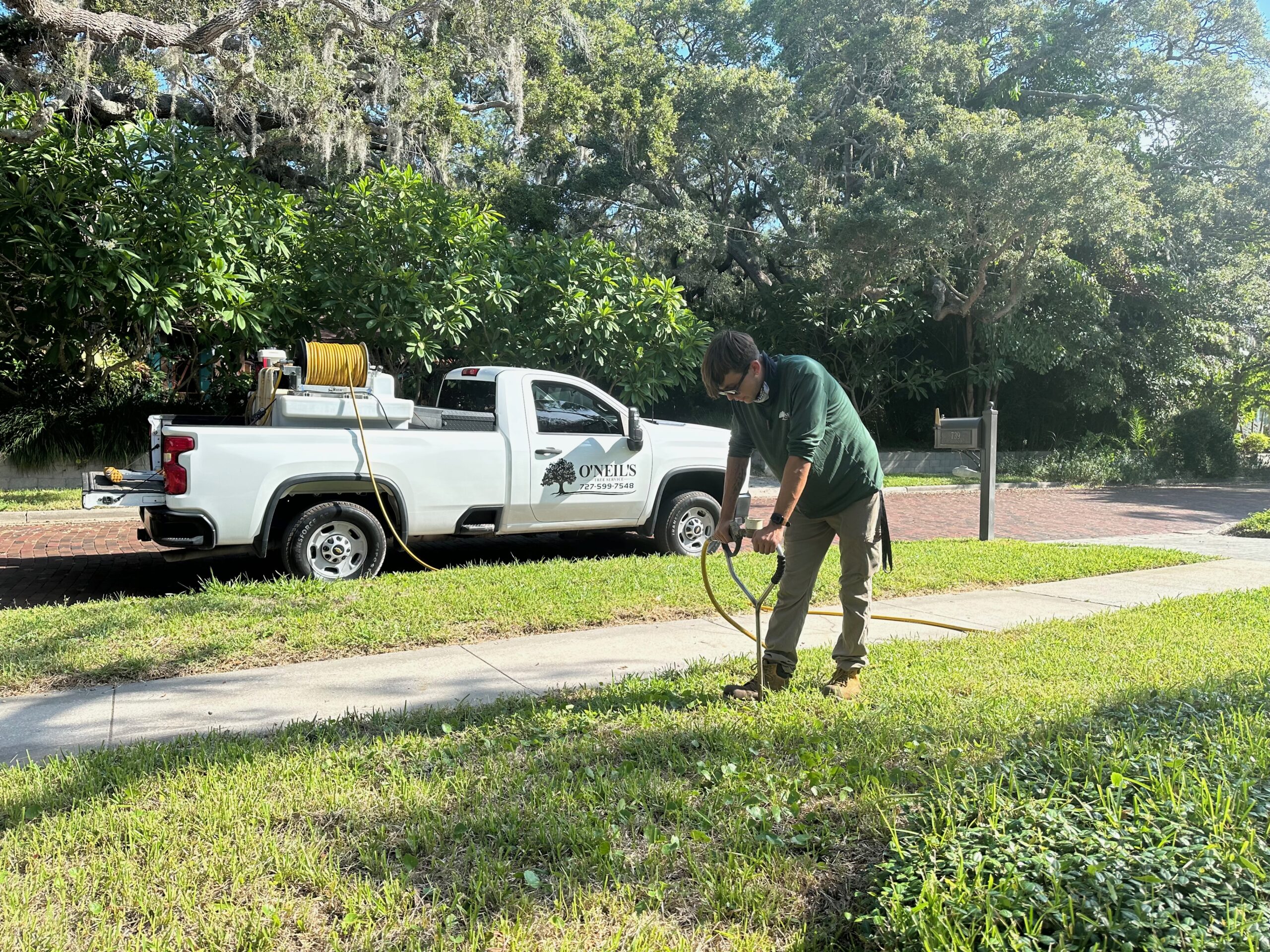
Soil testing
Conduct a soil test to determine the nutrient levels and pH of the soil. Soil tests can identify any deficiencies or imbalances in essential nutrients. This information can guide you in selecting the appropriate fertilizer formulation if deficiencies are detected.
Nutrient deficiencies
If visual symptoms such as yellowing leaves, stunted growth, or poor flowering indicate a nutrient deficiency, fertilization may be beneficial. Common deficiencies include nitrogen, phosphorus, or potassium. However, it is important to identify the specific nutrient(s) lacking and select a fertilizer accordingly.
Tree age
Young trees generally benefit from fertilization, as they are still establishing their root systems and require nutrients for growth. Mature trees often have well-developed root systems and may have lower fertilizer needs, although exceptions exist.
Timing
Fertilizer is typically applied in early spring before the growing season begins. Avoid fertilizing late in the season, as it can promote new growth that may not harden off before winter, making the tree more susceptible to damage.
Proper application
When applying fertilizer, follow the instructions provided by the manufacturer carefully. Avoid over-fertilization, as excessive nutrients can harm the tree and the surrounding environment.
Organic alternatives
Consider organic fertilizers, such as compost or well-rotted manure, which provide slow-release nutrients and improve soil health. They can be gentler on the tree and have long-term benefits for soil fertility.
It is recommended to consult with a local certified arborist or horticulture expert who is familiar with your specific tree species and local growing conditions. They can provide tailored advice and help determine if fertilization is necessary and, if so, recommend the most suitable fertilizer for your tree.

